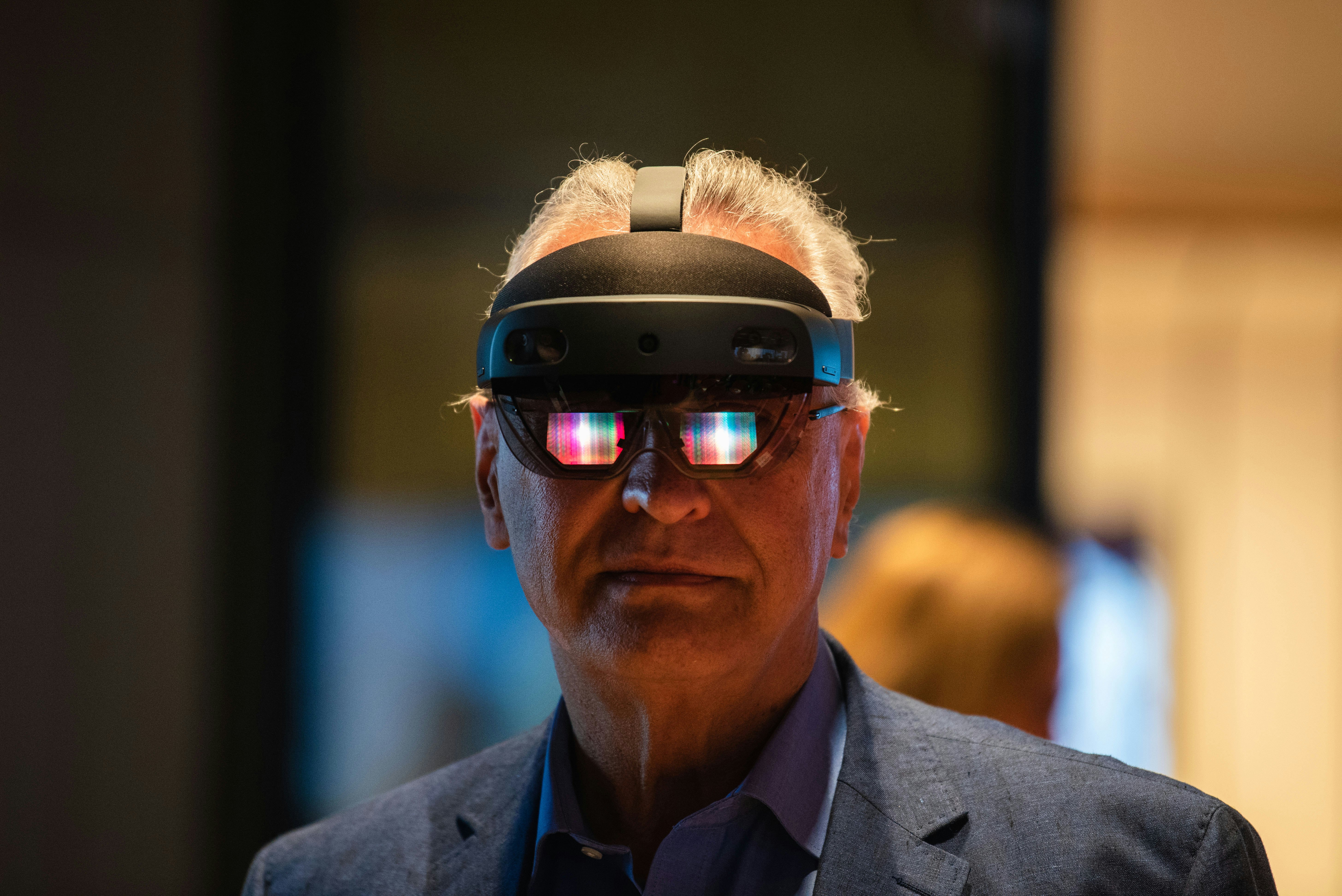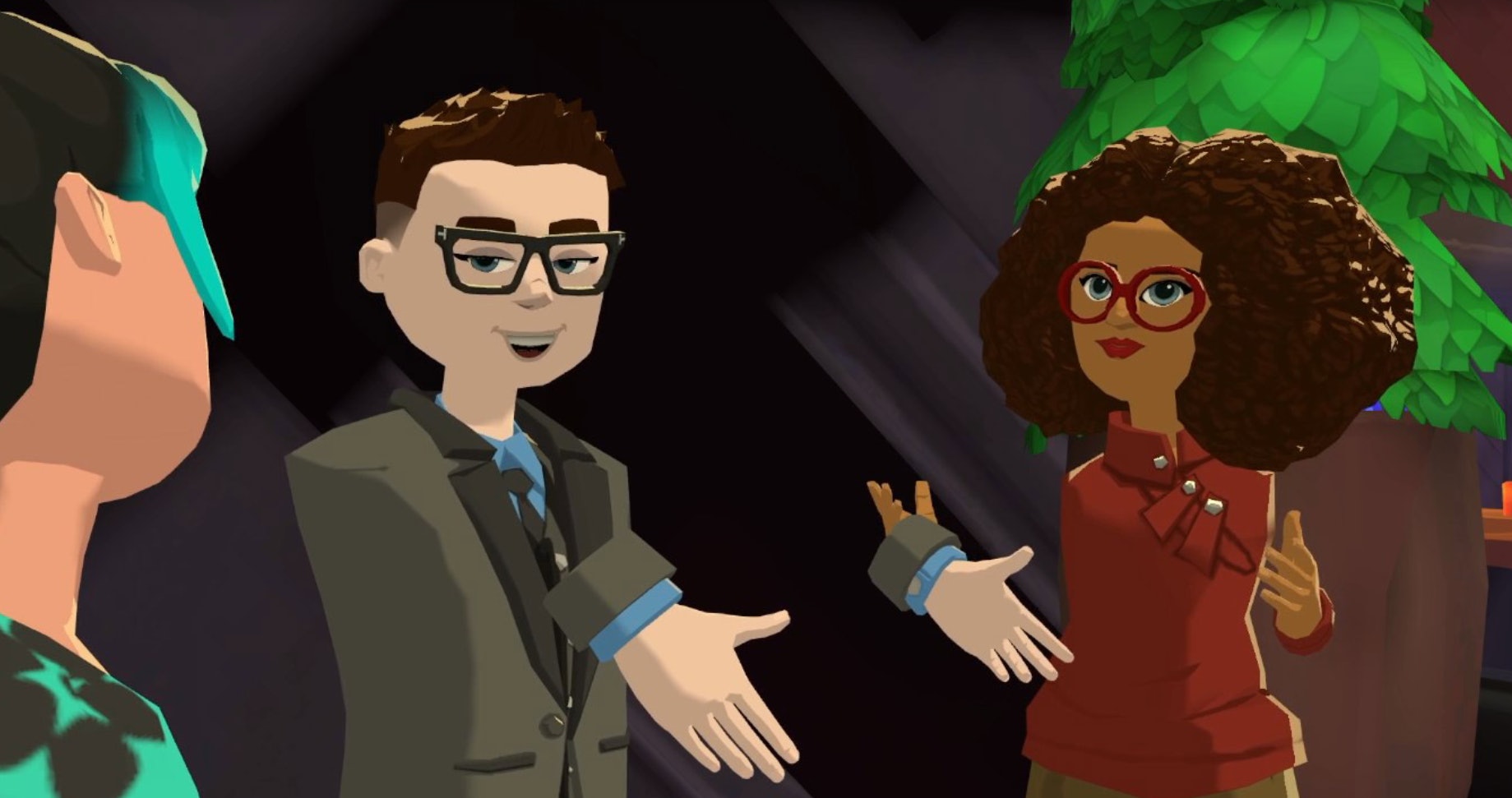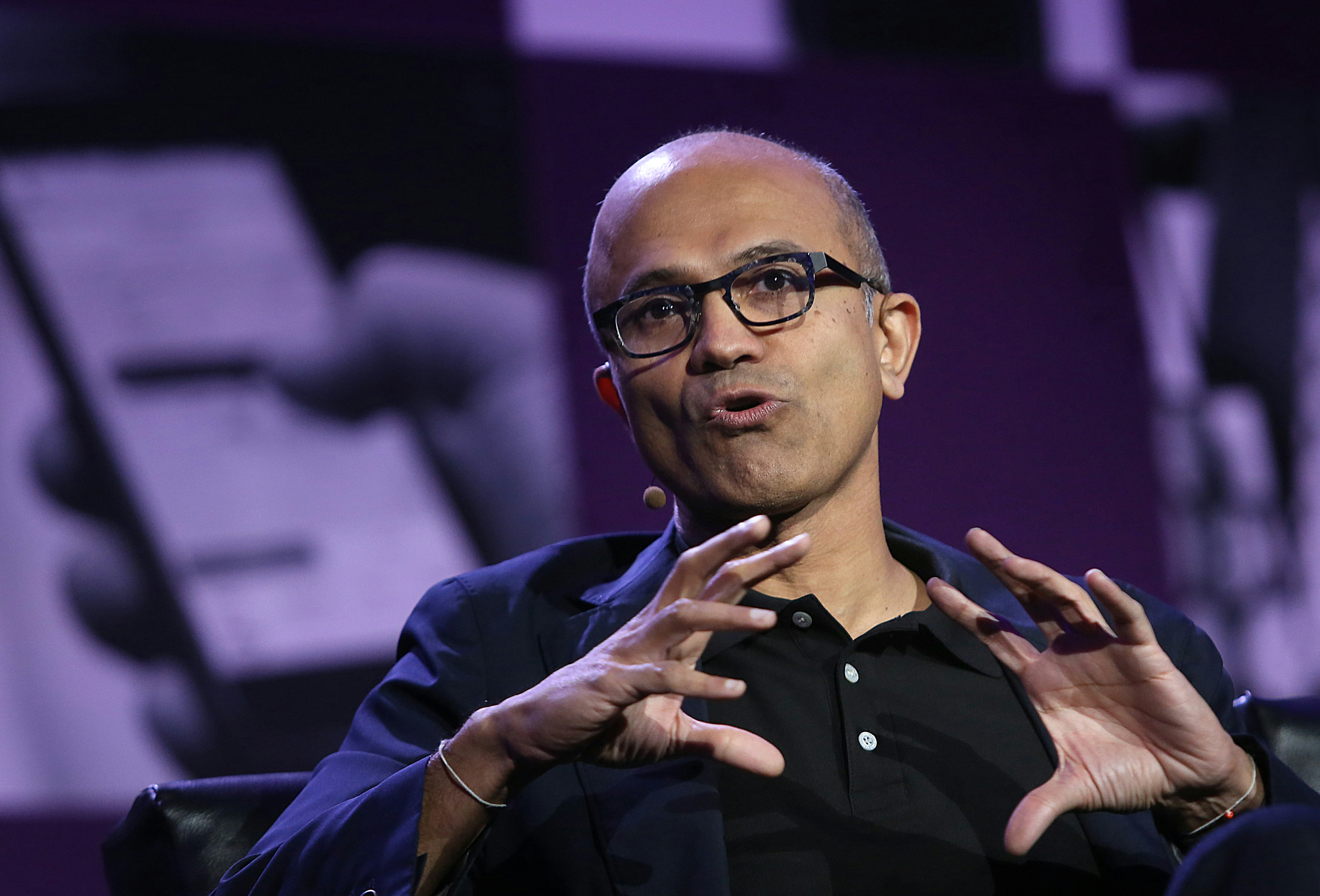
Microsoft is making a big bet on artificial intelligence. The company announced “the third phase” of its relationship with OpenAI — the creators of ChatGPT and Dall-E 2, among other impressive/concerning AI demos — which includes “a multiyear, multibillion dollar investment” and the commitment that Microsoft will be the exclusive cloud provider for the AI company.
Taken on its own, this is a natural extension of pre-existing financial relationship, but in the context of the last two weeks of brutal tech layoffs — including major cuts to Microsoft’s own augmented and virtual reality teams — it seems as good a signal as any that Microsoft considers offering AI-enabled services to be a much more viable future than the metaverse.
XR is hard

Besides cuts to the company’s HoloLens mixed-reality hardware team, Microsoft is also sunsetting at least two VR software efforts. First, AltspaceVR, a social VR platform Microsoft acquired when it started dabbling in mixed-reality experiences in 2017, is shutting down in March. The remaining employees are getting redirected to work on Microsoft Mesh. “In the near term, we are focusing our VR efforts on workplace experiences,” AltspaceVR explained in its blog. Microsoft Mesh is targeted at business customers and seems like it could work as a metaverse-y version of the company’s existing Teams app — if Microsoft is still interested enough to launch it.
Second, Microsoft is reportedly scrapping its Mixed Reality Tool Kit (MRTK), which “provides a set of components and features, used to accelerate cross-platform MR app development in Unity,” basically tools to build better mixed-reality experiences for any device that can run Unity VR. According to tweets from former employees, Microsoft laid off the entire team responsible for creating MRTK.
Meta has proven that doing anything with mixed reality is expensive. Creating the hardware, software, and, ideally, the physical infrastructure necessary to offer a metaverse experience people will want to use regularly is inherently risky. It also already has a stigma attached to it, and there’s no telling if anyone will make an app, game, or social experience that overcomes it. Even though Microsoft has video game expertise and a server backend that could benefit developing AR and VR technology, it might just not be worth it to try and keep up with Meta.
AI is, bizarrely, more certain

In Microsoft CEO Satya Nadella’s letter to employees attempting to justify Microsoft’s layoffs, he identifies artificial intelligence as “the next major wave of computing.” He also suggests that for the long-term health of Microsoft, the company needs to change its priorities. “These are the kinds of hard choices we have made throughout our 47-year history to remain a consequential company in this industry that is unforgiving to anyone who doesn’t adapt to platform shifts,” Nadella writes. It’s easy to forget, but Nadella oversaw Microsoft’s exit from the smartphone business. He knows how to make the decision to stop spending money on categories competitors are still eagerly pursuing. It could just be that time for AR and VR at Microsoft.
The recently expanded OpenAI partnership is clearly a priority for Microsoft. AI or some yet-to-arrive AI-enabled platform could be the future of Microsoft’s business, so it’s doubling down on integrating and supporting popular AI products rather than burning more money on mixed reality technology.
The processing power necessary to answer requests to ChatGPT is expensive, Microsoft has an extensive cloud operation in the form of Azure that could help. Some believe ChatGPT is the future of search, and Microsoft is reportedly planning on using the language learning model to create more natural responses for Bing. It’s widely believed ChatGPT and Dall-E 2 could replace boilerplate business writing and Photoshop work, and Microsoft is also considering integrating OpenAI’s products into Microsoft Office.
The company clearly sees an opportunity in AI that it’s already well-positioned to take advantage of. With Google reportedly scrambling to respond to OpenAI’s advancements, Microsoft just going for the more sure thing, the job security and peace of mind of former employees be damned.







